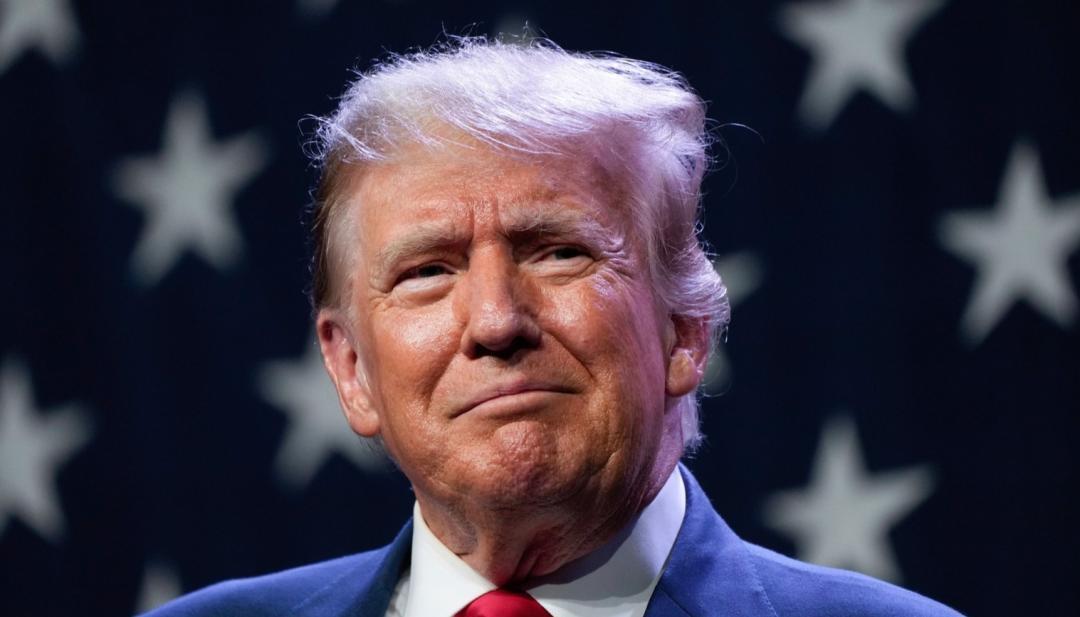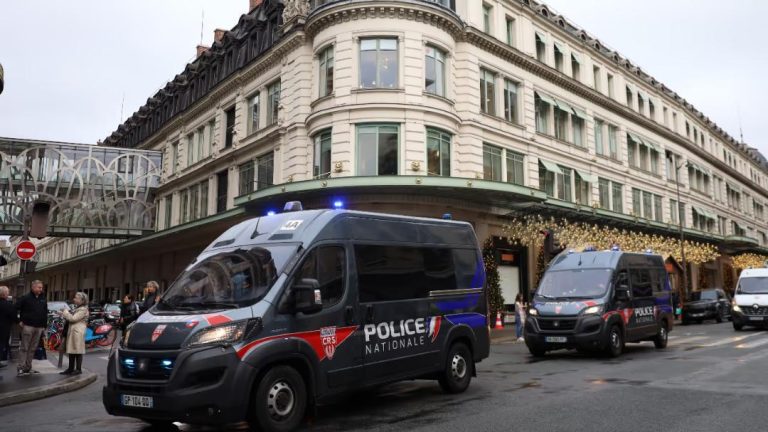
US Supreme Court Curbs Individual Judges’ Power to Block Trump
In a major victory for President Donald Trump, the US Supreme Court has curbed the power of individual federal judges to block executive actions. The ruling, handed down on Friday, has significant implications for the balance of power between the executive and judicial branches of the government.
The decision stems from Trump’s bid to terminate birthright citizenship, a policy that allows children born in the United States to automatic citizenship, regardless of the immigration status of their parents. In 2018, Trump issued an executive order aimed at ending the practice, but was met with legal challenges from multiple states and advocacy groups.
One of the first court challenges was brought by the state of California, which argued that the executive order was unconstitutional and would cause harm to thousands of children born in the US to undocumented immigrants. US District Judge John Mendez in Sacramento, California, issued a nationwide injunction blocking the executive order, effectively preventing it from taking effect.
The Trump administration appealed the decision to the Ninth Circuit Court of Appeals, which upheld the injunction. The administration then took the case to the US Supreme Court, which agreed to hear the appeal.
On Friday, the Supreme Court issued its ruling, with a 6-3 majority finding that nationwide injunctions issued by lower court judges “likely exceed the equitable authority that Congress has granted to federal courts.” In other words, the court ruled that individual judges do not have the power to block executive actions nationwide, but rather are limited to issuing injunctions that apply only to the parties directly involved in the lawsuit.
The decision is a significant blow to the ability of individual judges to block executive actions, and marks a major victory for the Trump administration. The ruling is also seen as a significant shift in the balance of power between the executive and judicial branches, with the Supreme Court effectively limiting the power of individual judges to impose their own policy preferences on the country.
Critics of the ruling argue that it will lead to a rush of executive orders and other executive actions, which will be immune from judicial review. They also argue that the decision will disproportionately affect marginalized communities, who may be more likely to be affected by executive actions.
Supporters of the ruling, on the other hand, argue that it is a necessary check on the power of the judiciary, and will prevent individual judges from imposing their own policy preferences on the country. They also argue that the decision will promote stability and consistency in government policy, by limiting the ability of individual judges to block executive actions.
The decision is also seen as a significant victory for President Trump, who has long been critical of the judiciary and its ability to block his executive actions. Trump has repeatedly attacked the judiciary, calling it “obstructive” and ” activist,” and has vowed to appoint judges who will be more sympathetic to his policies.
The ruling is also seen as a significant setback for the liberal wing of the Supreme Court, which has been critical of the Trump administration’s policies and has sought to block many of its executive actions. The decision is seen as a major blow to the legitimacy of the judiciary, and may embolden the Trump administration to take more aggressive action in the future.
In conclusion, the US Supreme Court’s decision to curb the power of individual judges to block executive actions is a significant development in the ongoing struggle between the executive and judicial branches of government. The ruling is a major victory for President Trump, and marks a significant shift in the balance of power between the two branches. While the decision is seen as a significant setback for the liberal wing of the Supreme Court, it is also seen as a necessary check on the power of the judiciary.
Source:






